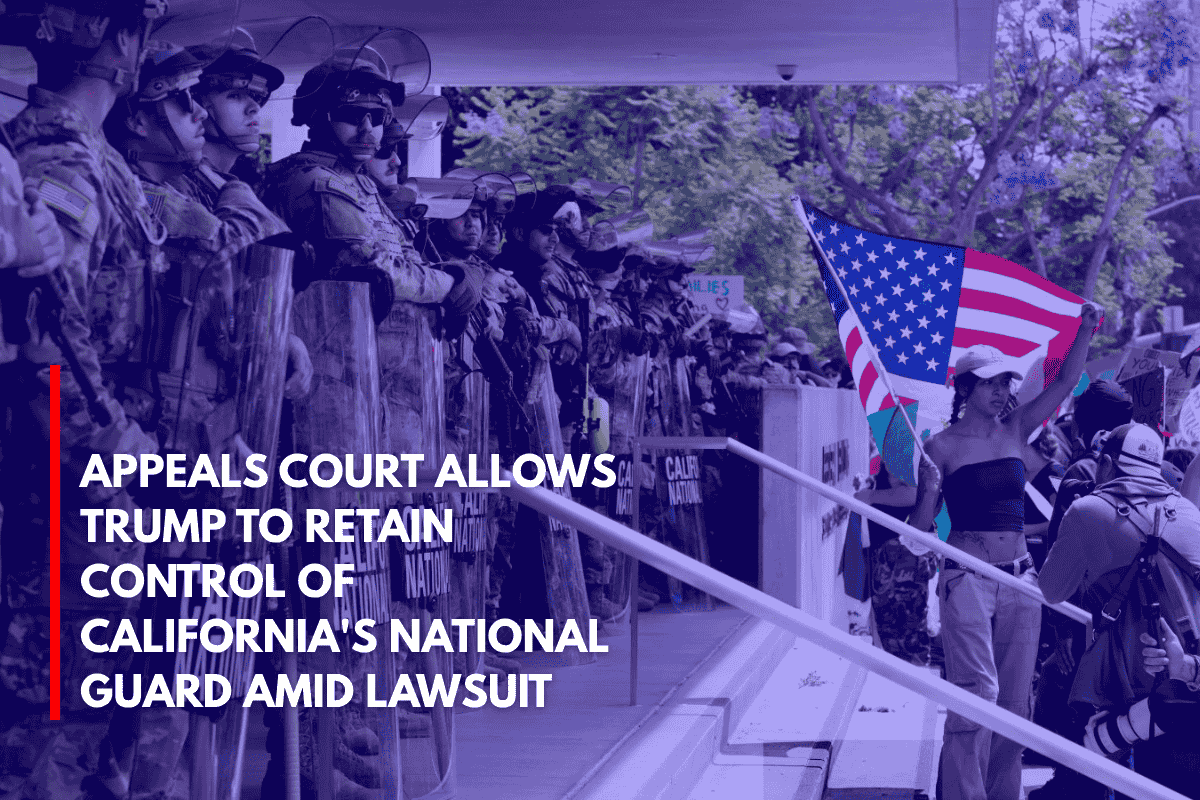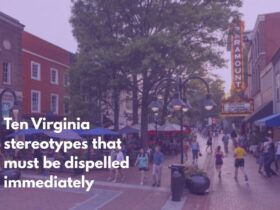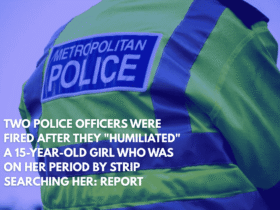A U.S. appeals court ruled on Thursday that Donald Trump can retain control over California’s National Guard, despite a lawsuit filed by Governor Gavin Newsom challenging the legality of the president’s use of the troops to manage unrest in Los Angeles.
The decision came from a three-judge panel of the 9th U.S. Circuit Court of Appeals based in San Francisco, which extended a temporary pause on a ruling issued by U.S. District Judge Charles Breyer.
Legal Battle Over National Guard Deployment
The legal conflict centers around a June 12 ruling by Judge Breyer, which found that Trump had unlawfully called the National Guard into federal service.
Breyer concluded that the president violated U.S. law by failing to coordinate the deployment with Governor Newsom, as required under federal statutes.
The judge also stated that the conditions necessary for Trump to call in the National Guard, such as an insurrection or rebellion, were not met in the case of the Los Angeles protests.
Breyer ordered the president to return control of the National Guard to Newsom, but just hours later, the 9th Circuit panel stepped in, placing the judge’s decision on hold temporarily while the legal challenges continue.
The Trigger for the National Guard Deployment
The move to deploy the National Guard and additional U.S. Marines was made by Trump on June 7 amid protests and unrest in Los Angeles.
The protests, sparked by Trump’s immigration raids, led to 4,000 National Guard troops being sent to the city, against Newsom’s wishes. Trump also deployed 700 U.S. Marines following the Guard’s arrival.
However, Breyer has not yet ruled on the legality of the Marine Corps mobilization, which was also a point of contention in the lawsuit.
The Legal Questions and the Role of Courts
During a court hearing on Tuesday regarding whether to extend the pause on Breyer’s decision, judges from the 9th Circuit questioned the role of the courts in reviewing the president’s authority to deploy the National Guard.
According to the law, the president can federalize state National Guard forces only under specific conditions: an invasion, a rebellion or imminent threat of one, or when the federal government is unable to enforce the law with regular forces.
The Justice Department argued that once the president deems an emergency exists that justifies the use of the National Guard, the courts or state governors cannot challenge the decision.
California’s Lawsuit and State Sovereignty
California’s lawsuit, filed on June 9, argued that Trump’s deployment of the National Guard and Marines violated the state’s sovereignty and U.S. laws that prohibit federal troops from engaging in civilian law enforcement.
The state contended that the situation in Los Angeles was not a rebellion, but rather a series of sporadic protests that could have been handled by state and local law enforcement without the need for military intervention.
In defense, the Trump administration denied that the troops were involved in law enforcement activities, claiming they were instead assigned to protect federal buildings and personnel, including U.S. Immigration and Customs Enforcement officers.
Political Tensions and Legal Implications
The deployment of military forces in response to protests sparked a national debate about the use of the military on U.S. soil and raised political tensions in the nation’s second-largest city.
The protests in Los Angeles, which lasted for more than a week, eventually subsided, and Mayor Karen Bass lifted a curfew she had imposed in response to the unrest.
The 9th Circuit panel responsible for extending the pause includes two judges appointed by Trump and one judge appointed by Democratic President Joe Biden.











Leave a Reply